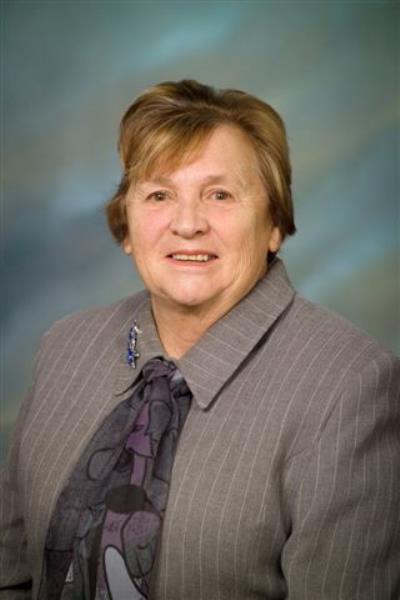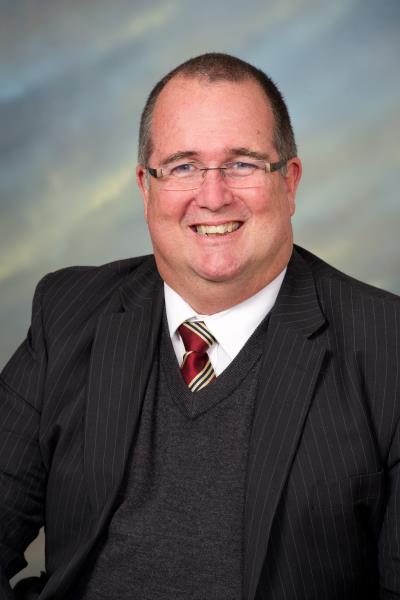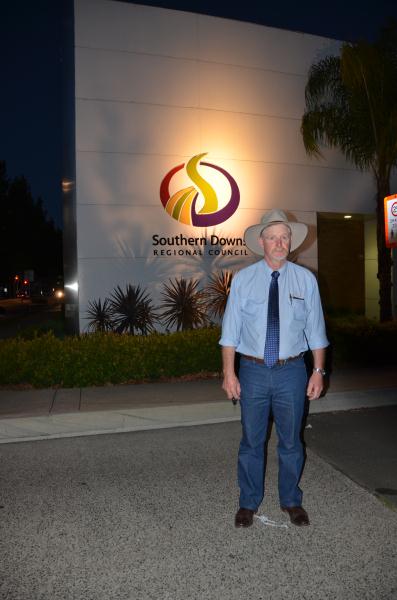By STEVE GRAY
SOUTHERN Downs Deputy Mayor Ross Bartley will lead a revolt against the Queensland Government’s imposition of the new $45 Emergency Management, Fire and Rescue Levy.
Cr Bartley said he would not be paying the levy and he urged others not to pay until the last moment.
The legislation forces local governments to collect the levy, and councillors are objecting to being made tax collectors for the State Government.
“I believe as a show of protest we should refuse to pay,” Cr Bartley said.
“I’m not going to pay to send a clear message to the State Government that it’s an unfair method of collecting this levy.
“If we sacrifice a little bit in interest and pay the levy just before our rates are due it will have no effect on our payment record.”
An Urban Levy Scheme introduced in 1984 was expanded from 1 January 2014 to include all properties in the state.
Councillors were scathing of the State Government’s performance, which they said had generated a great deal of public anger, most of which was being directed at councils.
“It’s unfair…they think we’re imposing it,” Cr Denise Ingram said.
Cr Ingram said the Government had not even said where the funds raised would be going.
“We don’t think it’s going to the Rural Fire Brigades,” she said.
“We’re getting a lot of negative feedback from the community,” Cr Jamie McKenzie said.
“We need to be down in George Street to say we don’t think this is working very well.”
Cr Mackenzie later said he would pay the levy “under duress” by the due date because in other cases council asked ratepayers to pay on time.
They said the council was arbitrarily forced to collect the levy; weren’t adequately compensated for doing so; and was forced to introduce the new tax after rates notices had been issued.
Councillors also said collecting the levy was consuming staff time without compensation and the State Government had made no provision for publicity explaining that councils were collecting the levy on behalf of the State Government.
“The State Government should be collecting the levy themselves and not blurring the area between state and local government,” Cr Vic Pennisi said.
They said the Government should compensate them a minimum of $50,000 for the costs of imposing payment. The $2.23 councils receive from the $45 levy doesn’t cover postage, councillors said.
“It’s a new tax on rural holdings and small rural towns,” Cr Mackenzie said.
“When Killarney floods they get in and clean up themselves and now they’re going to get charged for it.”
Mayor Peter Blundell said there was a lot of discussion over the new levy and council wasn’t happy to be collecting it.
“Local government should not be a tax collector in this instance,” Cr Cameron Gow said.
Asked to comment on the specific comments made by councillors, a spokeswoman for Minister for Police, Fire and Emergency Services Jack Dempsey blamed the previous Labor government.
“Poor financial management under Labor meant for years the state had to borrow funds to pay for emergency management during disasters,” she said.
“The Emergency Management, Fire and Rescue Levy guarantees a sustainable funding base for emergency services. It will ensure Queenslanders get the best possible services during severe weather or a disaster event.
“The Queensland Government consulted with local government and the community prior to the introduction of the levy on 1 January 2014.
“Councils are the best placed agency to collect the levy with their rates notices.“For this, they are paid a portion of each levy,” the spokeswoman said.
LEVY IMPACTS:
Ratepayers would not receive a discount for early payment of rates.
The outstanding debt will accrue interest.
The levy will be the first deduction made when ratepayers go to pay their next rates bill, leaving them in arrears on their rates.
Property owners who don’t pay the levy for three years could legally have their property sold from under them.
However payment of the levy can be withheld until just before rates fall due, denying the State Government use of that money in the short term. That will involve a small interest charge on the debt.










